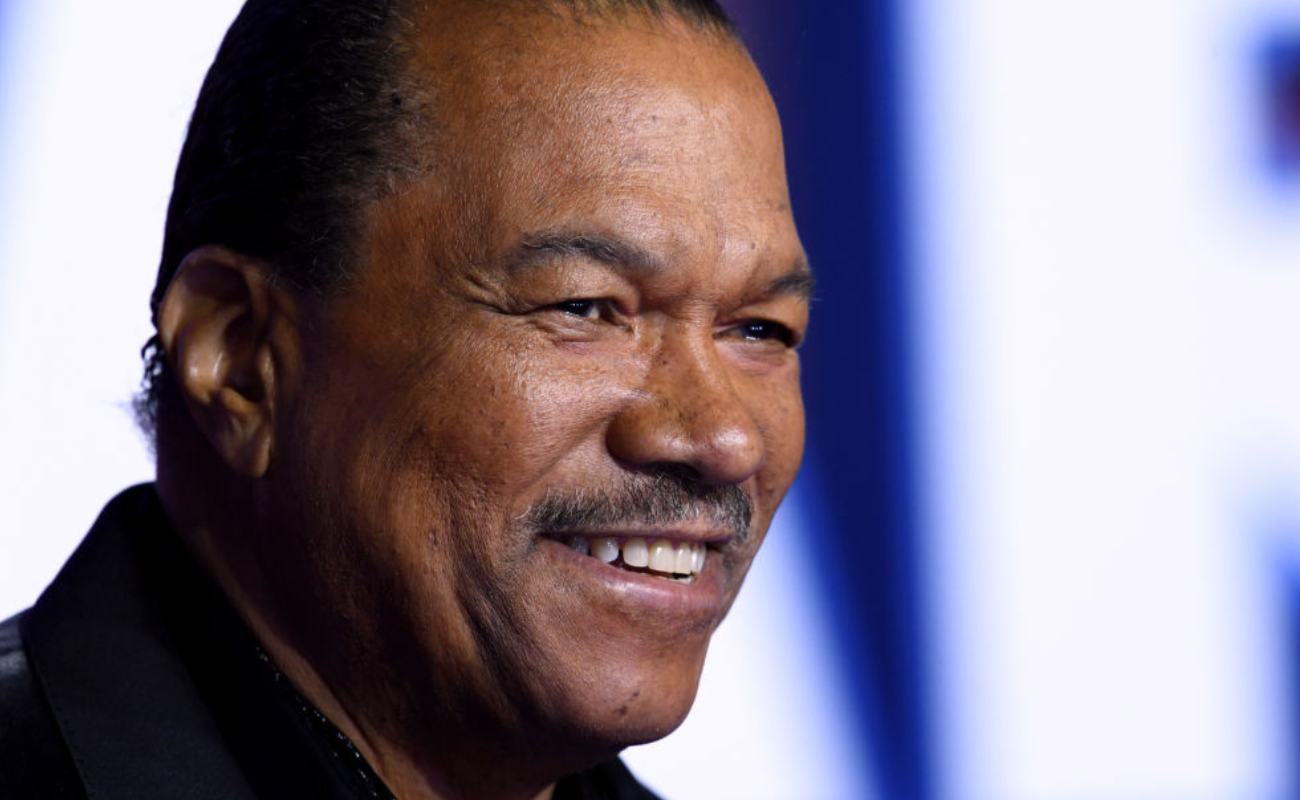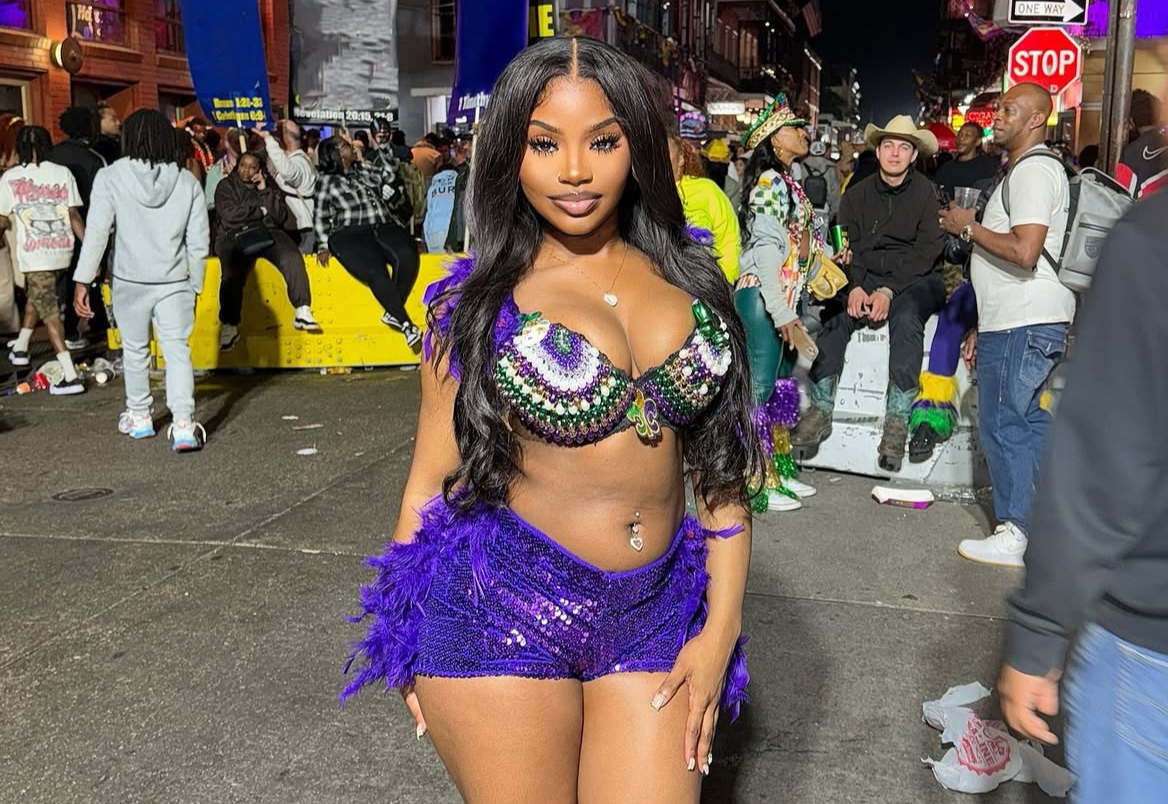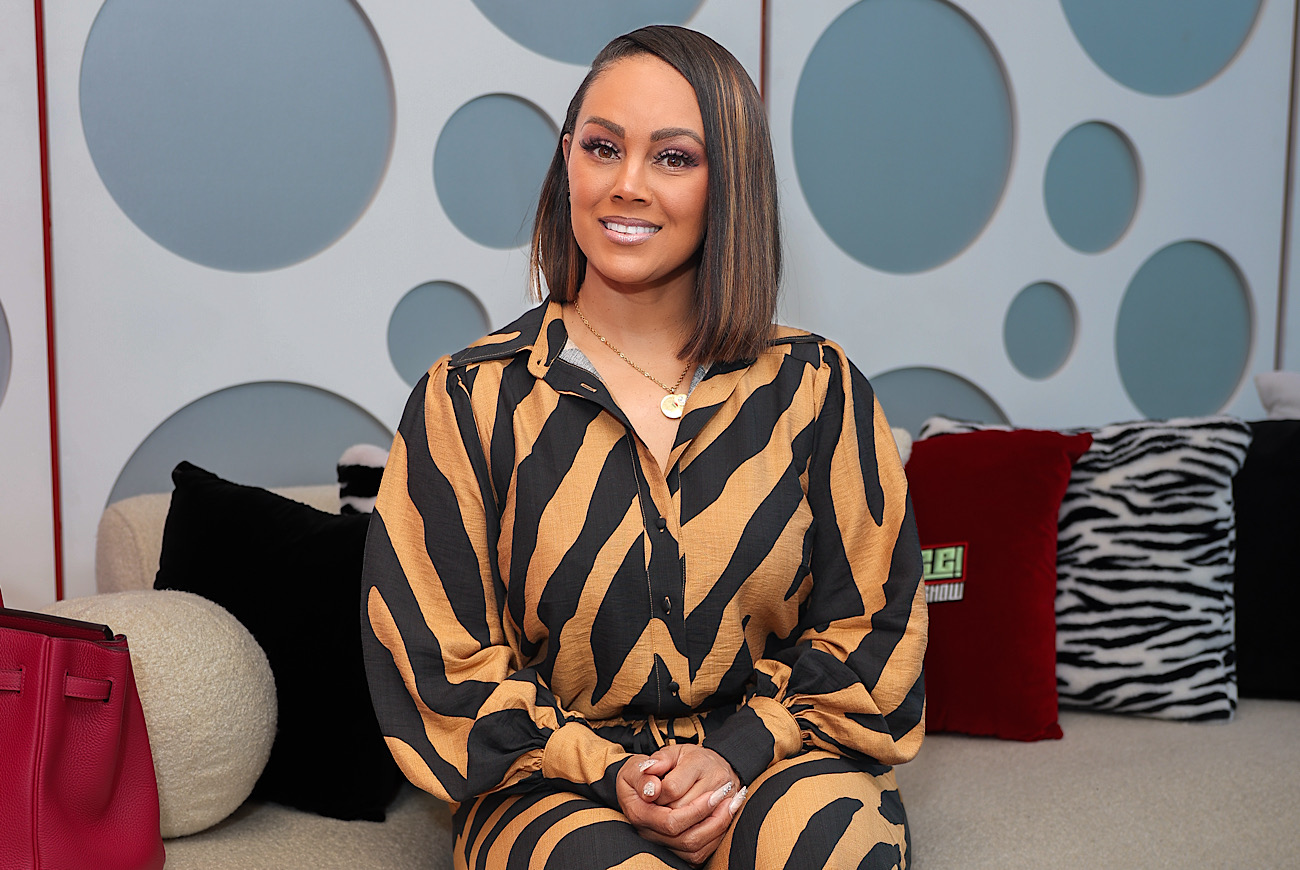
During a recent appearance on Bill Maher’s “Club Random” podcast, Billy Dee Williams, famed for his role in Star Wars, expressed his unconventional stance on the use of blackface in acting. Highlighting Laurence Olivier’s 1965 portrayal of Othello, in which Olivier, a white actor, wore blackface, Williams appreciated the performance, noting it humorously critiqued stereotypes rather than perpetuating them.
RELATED STORIES: North Carolina’s 1st Black-Owned Children’s Bookstore Forced To Shutdown After Receiving Multiple Death Threats
Williams found Olivier’s portrayal not offensive but rather amusing, which sparked a debate with Maher on the sensitivity towards blackface. Blackface is now widely condemned as racist and highly inappropriate due to its historically derogatory implications. Despite the backlash, Williams questioned the current resistance to such portrayals within the acting profession. He suggested that the craft should allow for freedom in character portrayal, including using blackface under specific artistic contexts., as reported by TMZ.
The discussion between Williams and Maher delved into the broader discourse on racism and representation in media, touching upon the sharp divide in public opinion on race and cultural sensitivity. Williams emphasized his rejection of a victimhood mentality, advocating for a more nuanced approach to historical practices in modern contexts. “The point is that you don’t go through life feeling like, ‘I’m a victim,’ I refuse to go through life saying to the world, ‘I’m pissed off.’ I’m not gonna be pissed off 24 hours a day,” he explained.
RELATED STORIES: Russia Officially Adds ‘LGBT Movement’ To ‘Terrorists And Extremists’ Blacklist, Two Arrests Made Since New Anti-LGBTQ+ Laws
While both Maher and Williams seemed to reach some level of agreement during their conversation, the topic of blackface remains a contentious issue. Williams’ comments, particularly his openness to blackface in acting, stir controversy and highlight the ongoing debate over the boundaries of artistic freedom and cultural respect.
In an era where racial sensitivity and awareness are at the forefront of social discourse, Williams offers a provocative viewpoint that challenges prevailing norms. However, it’s unlikely that his stance will inspire a resurgence of blackface in acting, given its deeply problematic history and the significant progress made toward racial equity and inclusivity in the arts.
The post Billy Dee Williams on Blackface in Acting: “Acting is Acting” appeared first on Hollywood Unlocked .







